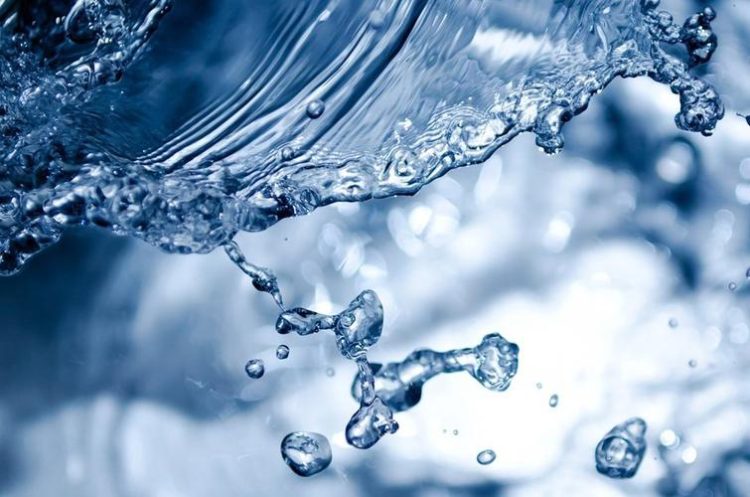The sustainable management of water resources is one of the urgent challenges facing the world. With population growth, accelerated industrialization, and the impact of climate change, the demand for clean water sources is increasing, and traditional water resource management and purification technologies often struggle to meet these needs. Therefore, researching and developing new sustainable water purification technologies has become particularly important. This article will explore the latest sustainable water purification technologies and their applications in global water resource management.
The latest sustainable water purification technology
1. Low energy reverse osmosis technology
Reverse osmosis (RO) technology is an effective method for seawater desalination and wastewater treatment, but traditional RO systems have higher energy consumption. The latest low-energy RO technology adopts more efficient membrane materials and optimized system design, significantly reducing energy consumption. In addition, some systems also integrate energy recovery devices, further improving energy efficiency.
2. Solar powered water purification system
Solar energy is a clean and renewable energy source, and the latest solar water purification technology can directly use solar energy for water distillation and purification. These systems typically include solar collectors and distillation units, which can continuously provide clean water without relying on external electricity, making them particularly suitable for use in remote areas and developing countries.
3. Biofilm technology
Biofilm technology utilizes the biochemical reactions of microorganisms on specific biofilms to remove organic matter and pollutants from water. This technology can not only effectively purify water quality, but also convert certain pollutants into useful resources, such as biogas. The new generation of biofilm systems is more efficient, stable, and has lower operating costs.
4. Nanotechnology and Materials
The application of nanotechnology in the field of water treatment is gradually increasing. Nanomaterials such as nano iron and modified carbon nanotubes, due to their unique chemical properties and high specific surface area, can efficiently remove heavy metals and other harmful substances from water. Meanwhile, researchers are also developing self-cleaning nanomembranes to reduce maintenance costs and improve filtration efficiency.
5. Electrochemical technology
Electrochemical technology removes pollutants from water by applying an electric field. The latest electrochemical water treatment system can not only remove organic pollutants and pathogens, but also recover valuable substances in water, such as rare metals. These systems typically have low energy consumption and are easy to operate.
Applications and Challenges
The application of these latest water purification technologies is gradually expanding globally, but they also face a series of challenges in the promotion process. Firstly, the cost of technology is a key factor. Although many new technologies can save costs in long-term operation, high initial investment is still a threshold. Secondly, the adaptability and stability of the technology also need to be further validated under different environmental conditions. In addition, policies, regulations, and standards related to new technologies need to be further improved to promote their healthy development.
Future prospects
Future water resource management will increasingly rely on these efficient and sustainable water purification technologies. With the continuous advancement of technology and the reduction of costs, it is expected that these new technologies will be more widely applied globally. Meanwhile, cooperation between the public and private sectors, scientific research, and technological innovation will be key to driving the development of these technologies.
epilogue
The sustainable management of water resources is crucial for global social development and ecological balance. By adopting the latest sustainable water purification technologies, we can not only provide clean and safe water resources, but also promote environmental protection and sustainable use of resources. Despite facing challenges, the development and application of these technologies will undoubtedly bring revolutionary changes to global water resource management.











































Discussion about this post